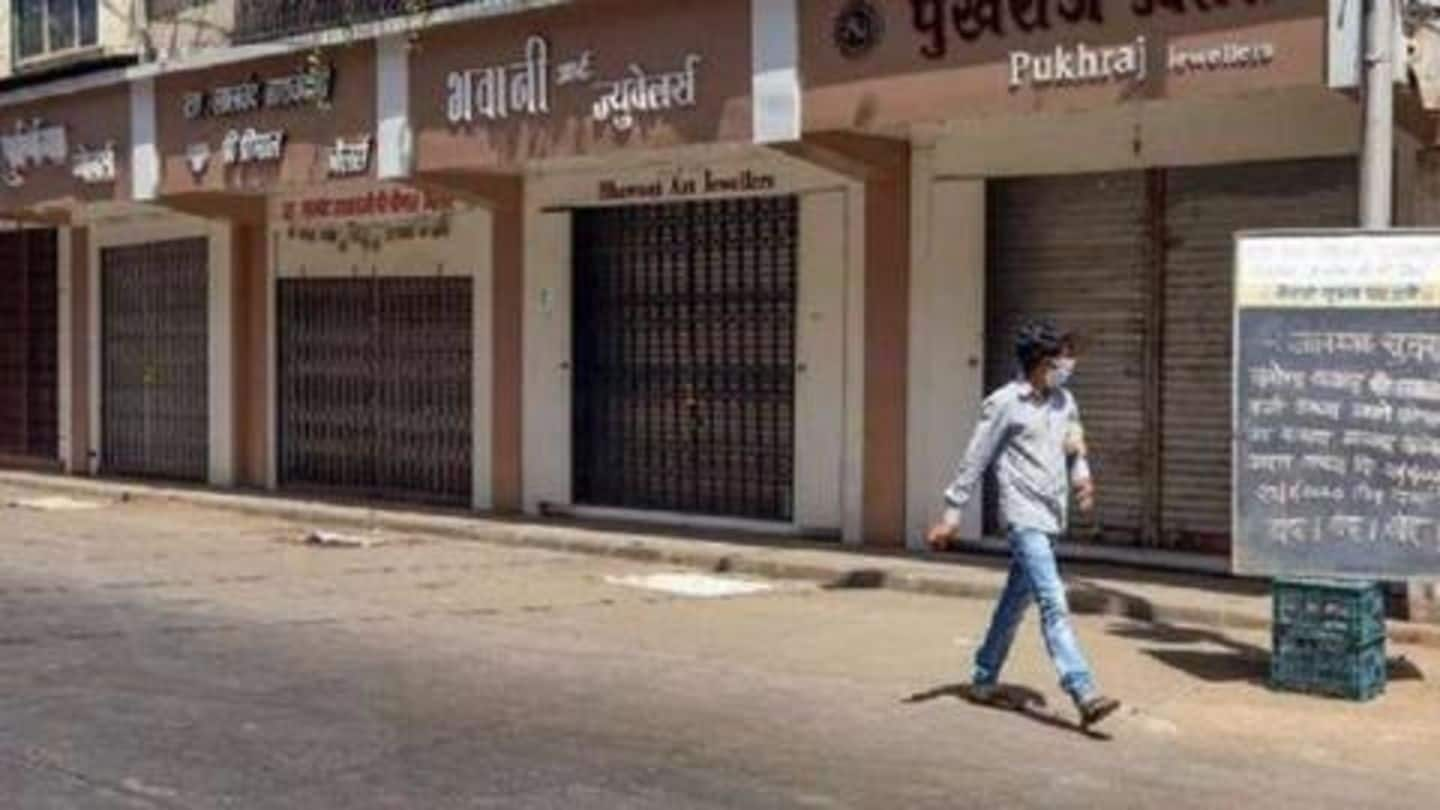
Lockdown relaxations: What will remain open from tomorrow?
What's the story
Earlier this week, the Centre had issued guidelines for the extended nationwide lockdown, that will last until May 3.
However, to mitigate public hardship arising due to the lockdown, the Centre made provisions for certain relaxations for areas that are not containment zones. These relaxations come into effect from Monday (April 20).
Let's take a look at what these relaxations are.
Transport
Private vehicle transport is allowed in following scenarios
Private vehicles are allowed for emergency services (such as medical and veterinary care, procurement of essential products, etc.). However, for four-wheelers, only one passenger is allowed (apart from the driver) who shall sit in the backseat.
For two-wheelers, only the driver is allowed (no pillion riders).
Persons traveling to or returning from work are allowed, provided their work is exempted from the lockdown.
Health services
Following health services (including AYUSH) will remain functional
Hospitals, veterinary hospitals, clinics, nursing homes, telemedicine facilities, dispensaries, chemists, pharmacies, Jan Aushadhi Kendras, medical equipment shops.
Private establishments supporting essential services—Home-care providers, diagnostics, and supply chain firms serving hospitals.
Medical labs and collection centers, pharmaceutical/medical research labs. Manufacturing units of drugs, medical devices, pharmaceuticals, medical oxygen, and their packaging material.
Construction of medical infrastructure. Inter/Intra-state movement of all medical and veterinary personnel.
Workplace
Offices are allowed to function as follows
Officers of Group A (cops, executive engineers, government college principals, etc.) and Group B (government hospital junior doctors, lecturers in government colleges, etc.) may attend work as required.
IT sector offices are allowed to call 50% of the workforce, while other offices may call only 33% of their staff.
Offices, however, must follow certain social distancing and hygiene guidelines.
Information
Following transport activities are allowed
Goods carrier vehicles with two drivers and one helper. Empty trucks for pick-up and post-delivery. Dhabas and shops for truck repairs on highways. Goods and parcel trains; air transport for cargo movement, relief, and evacuation; and seaports for cargo transport.
Essential goods
Facilities in supply chain of essential goods allowed
All facilities in the supply chain of essential goods, including manufacture, wholesale, and retail.
Kirana and other grocery stores along with ration shops dealing with food and groceries, hygiene items, animal feed, and fodder, etc.
E-commerce websites are allowed operations, albeit only for essential goods. They were earlier allowed non-essential services, however, the order was reversed on Sunday.
Agriculture
Following agricultural and related activities will remain functional
All agriculture and horticulture activities are allowed along with mandis operated by APMC or as directed by the state/UT governments.
Marine and inland fishing operations are allowed.
Operations of tea, coffee, and rubber plantations are allowed with 50% workers.
Collection, processing, and distribution of milk/milk products is allowed.
Operations of animal husbandry farms, including poultry farms and hatcheries, and animal shelter homes are allowed.
Other exemptions
Here are some other activities that will be allowed
Bank branches and ATMs, post offices, courier services, petrol and CNG pumps.
Services provided by self-employed persons such as electricians, IT repairs, plumber, mechanic, etc.
Educational institutions are closed, but they are expected to continue learning through online teaching.
Hotels/homestays/lodges housing tourists and persons stranded due to the lockdown.
Homes for children, physically/intellectually disabled persons, senior citizens, destitute, women, and widows.